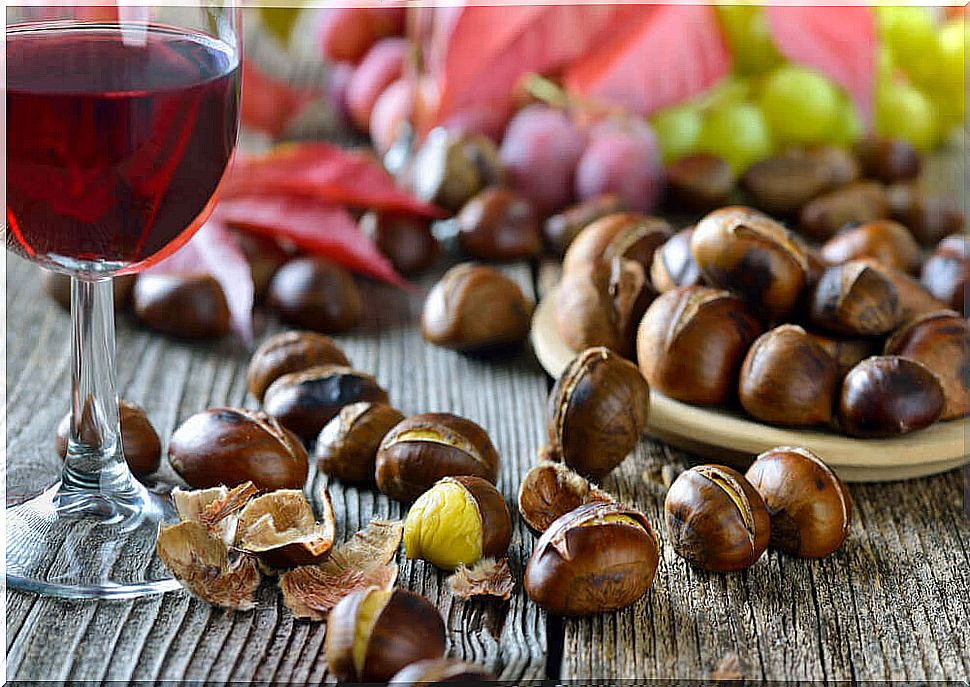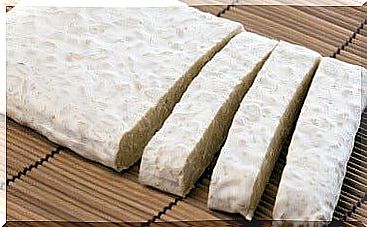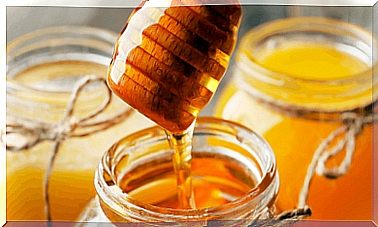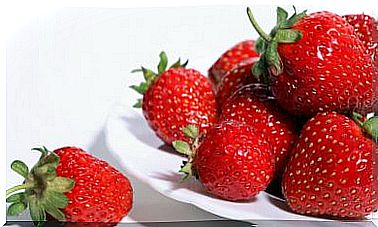Chestnuts, A Dry Fruit With Great Nutritional Value
Chestnuts are a dry fruit that provides great nutritional benefits, as they contain a significant amount of fiber and healthy fats, as well as having a low glycemic index. They are ideal for any diet, since they are low in calories and rich in essential nutrients.
The most interesting thing is that they help increase the energy level, minimizing fatigue. As if that were not enough, they prolong the feeling of satiety and reduce the need for continuous “pecking”. Have you already tried them? You can eat them toasted or roasted. Discover its properties.
Nutritional properties of chestnuts
Chestnuts have been valued in dozens of cultures around the world for their nutritional value. Although they have characteristics similar to those of other nuts, they are characterized especially by:
- Be lower in calories (209kcal / 100g versus 611 kcal / 100g for walnuts, for example, according to the Spanish Nutrition Foundation)
- Have a lower percentage of fat (data from a 2010 investigation).
Its moderate intake helps promote well-being, as it provides essential nutrients such as complex carbohydrates, amino acids and healthy fats.
Rich in antioxidants
The antioxidants in chestnuts help protect the body from cell damage caused by free radicals, which can affect healthy cells. According to research published in the Journal of Agricultural and Food Chemistry , chestnuts are rich in flavonoid compounds, which include quercetin and kaempferol.

Group B vitamins
This dried fruit (both natural and roasted) provides a good percentage of B vitamins (such as B1, B2, B3, B5, B6 and B9), which are necessary for metabolism and growth. In addition, they provide energy and are essential for brain and nervous system health.
Vitamin K
It is estimated that chestnuts can provide up to 10% of the recommended daily dose of vitamin K. This nutrient is key, according to different studies, for proper blood clotting and to improve the synthesis of proteins that protect bones and tissues .
Fiber
Chestnuts contain more fiber than walnuts; almost a gram more than the latter and other nuts, although it is half the amount that hazelnuts contain. However, given its fiber content, it becomes a low glycemic index food.
This, in particular, helps control high cholesterol levels and lowers the risk of cardiovascular disease.
On the other hand, a study by the American Dietetic Association maintains that the fiber in chestnuts would help improve digestion, avoid constipation, avoid abdominal inflammation and therefore lose weight.
Fatty acids
Chestnuts contain high levels of essential fatty acids, such as linoleic acid, which is beneficial for maintaining cardiovascular and nervous system health. Its correct assimilation lowers cholesterol levels and fights excess inflammation.
For this reason, a study from January 2018 recommends the incorporation of chestnuts as a source of protein and healthy fatty acids in the eating plans of those who follow a vegetarian or vegan diet.

Other nutrients
They are a food with a significant contribution of complex carbohydrates, ideal for maintaining good physical and mental performance. They also make moderate contributions of minerals such as potassium, copper and magnesium. They also contain protein.
Buying tips
To enjoy all the properties of chestnuts, it is convenient to pay attention to some buying advice. Make sure to choose the ones that are healthy to the naked eye, with a smooth cover, without stains and firm to the touch. The hard ones are usually fresh, while the hollow and soft ones are old.
Keep them in a dry and ventilated place, without a plastic bag. You can prepare them roasted on embers or in the oven. If you prefer, you can also cook them and use them to make garnishes, puree or sauteed.
Finally, do not forget to consult the nutritionist to resolve any questions you may have regarding this food and your nutrition. Although it is considered healthy, there are those who have allergic reactions after consumption.








